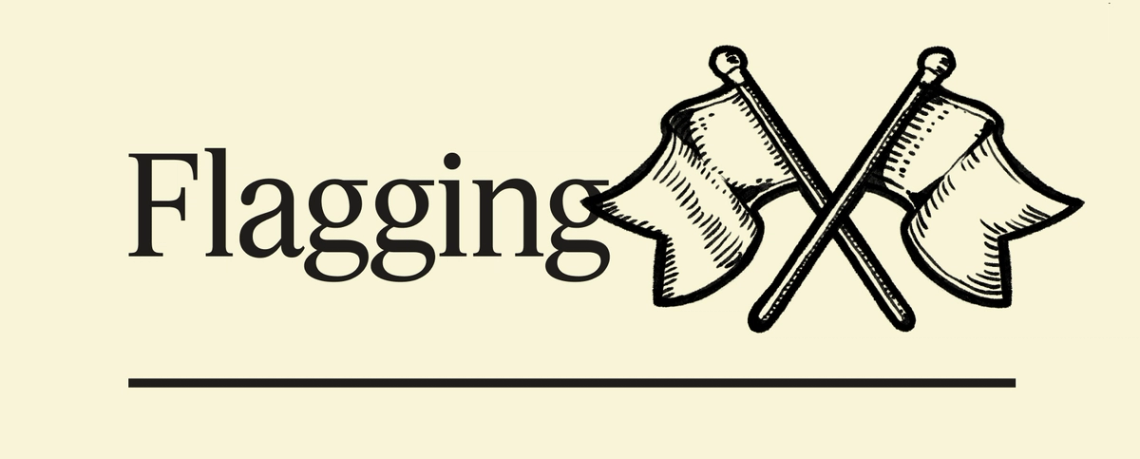 Why clever people believe stupid things “While unintelligent people are more easily misled by other people,” writes Gurwinder Bhogal, a researcher of extremism, “intelligent people are more easily misled by themselves.” People who score highly on tests of intelligence and numeracy, he writes, are more likely to correctly interpret data when it relates to some practical outcome such as a skin-rash treatment, but when the same data is presented as “regarding a polarizing subject –– gun control — those who scored highest on numeracy actually exhibited the greatest bias.” That was true of liberal and conservative, atheist and Christian. That’s because, he argues, our brains aren’t simply trying to find accurate truths about the world. We’re also trying to maintain social status and tribal belonging, and we can signal membership of groups with beliefs — and the more irrational the belief, the stronger the signal that you’re in the group. “Since we’re a social species,” says Bhogal, “it is intelligent for us to convince ourselves of irrational beliefs if holding those beliefs increases our status and well-being.” Tolkien business In Oxford, the ancient English university city (and childhood home of Flagship’s Tom), there is a pub called The Eagle and Child, known to patrons as The Bird and Baby. Those patrons included, in the mid-20th century, fantasy authors J.R.R. Tolkien and C.S. Lewis. They had a little literary club called the Inklings, where the two men would read poetry and Icelandic literature to one another. Ozy Frantz writes about a little drama in this tweedy environment. One day, Lewis met a poet called Charles Williams, decided he was brilliant, brought him along to the Inklings, and immediately annoyed Tolkien: “Suddenly Williams was there every single time, and they kept talking about boring things like English literature that came out after Chaucer.” T.S. Eliot makes an appearance, Williams accidentally starts a heretical cult, and Tolkien writes a three-page poem about how incomprehensible Williams’s writing is. The Bird and Baby must have been quite a pub. Currently closed, it’s looking for someone to reopen and run the place. A call for a Butlerian jihad It’s time to panic about artificial intelligence, says Erik Hoel. People panicked about nuclear war, and about climate change — things that could, in theory, have escalated into runaway catastrophes that threatened the human race. They panicked and campaigned for change. As a result, the world took notice, and while neither problem has gone away, we’re on less dangerous courses than we were. ChatGPT and similar products should spark a similar response, he says. Homo sapiens exterminated all other species of humans simply by being a little more intelligent. A much more intelligent AI could easily do the same for us. “If you think you and your children can’t cough to death from AI-generated pathogens,” he writes, “or get hunted by murderbot drones, you haven’t been paying attention to how weird the world can get.” People panicking about climate change throw soup over artworks, Hoel says; it’s time to throw soup on Bing. |














